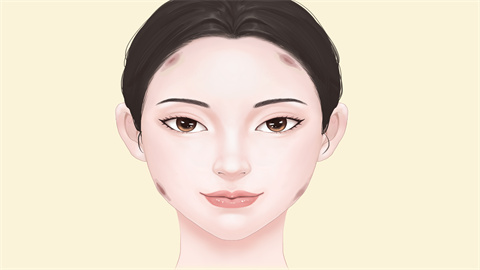How to treat facial abrasions without scarring
Generally, facial abrasions can be treated effectively through proper wound cleansing, disinfection, selection of appropriate wound dressings, avoidance of direct sunlight exposure, and medication, which can help prevent scar formation. The detailed explanation is as follows:

1. Wound Cleansing
Immediately after a facial abrasion, the wound should be rinsed with normal saline or clean water to remove surface dirt, sand, bacteria, and other foreign substances. This helps reduce the bacterial load on the wound, prevents excessive activation of inflammatory responses, and avoids excessive proliferation of fibrous tissue caused by inflammatory stimulation, thereby lowering the possibility of scar formation.
2. Disinfection
Antiseptics such as povidone-iodine can be used to gently wipe the skin around the wound. However, direct contact between povidone-iodine and the wound bed should be avoided to prevent tissue irritation. Disinfection aims to kill any bacteria that may exist around the wound, prevent infection, create a clean environment for wound healing, and reduce the factors that may lead to scar formation.
3. Selection of Appropriate Wound Dressings
Dressing the wound with suitable wound dressings can help maintain a moist wound environment during the healing process. A moist environment promotes migration and proliferation of epidermal cells, accelerates wound healing, and reduces scab formation.
4. Avoid Direct Sunlight Exposure
Ultraviolet rays in sunlight can stimulate melanocytes in the skin to produce excessive melanin, leading to pigmentation and making scars more noticeable. Therefore, during the healing process and for some time after healing, the abraded area on the face should be kept away from direct sunlight. When going outdoors, wear a sun hat, use an umbrella, or apply skincare products containing sunscreen ingredients.
5. Medication
After the wound heals, medications such as imiquimod cream, compound heparin sodium allantoin gel, or septilin cream may be used according to medical advice to prevent scar hypertrophy and contracture. These medications can help soften and flatten scar tissue and may lighten the scar's color, thus reducing its visibility.
In daily life, it is important to keep the facial skin clean by using gentle facial cleansers. Avoid excessive cleansing that may damage the skin barrier and reduce the skin's resistance to external irritants, thus minimizing the risk of scars caused by minor injuries.








